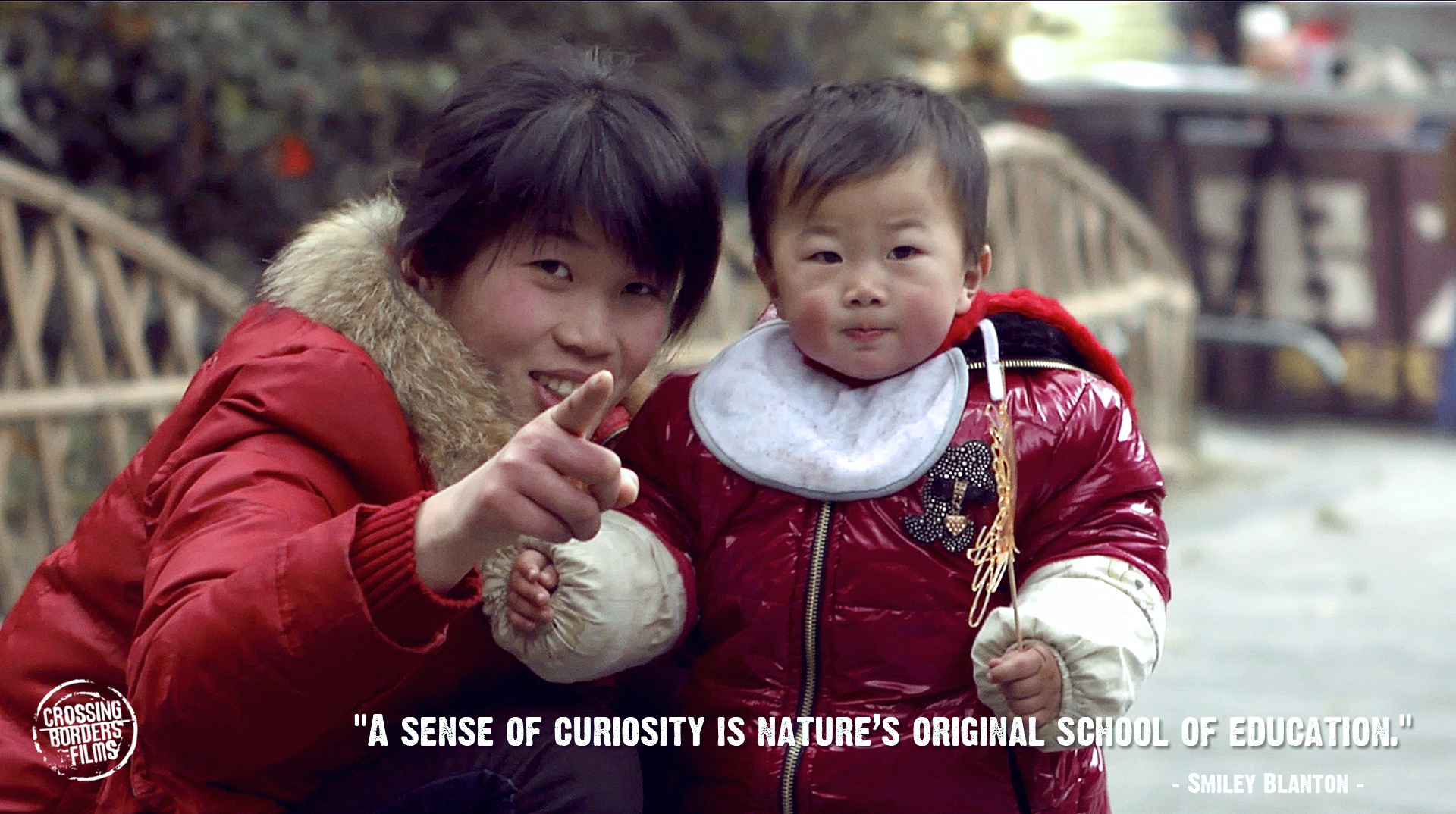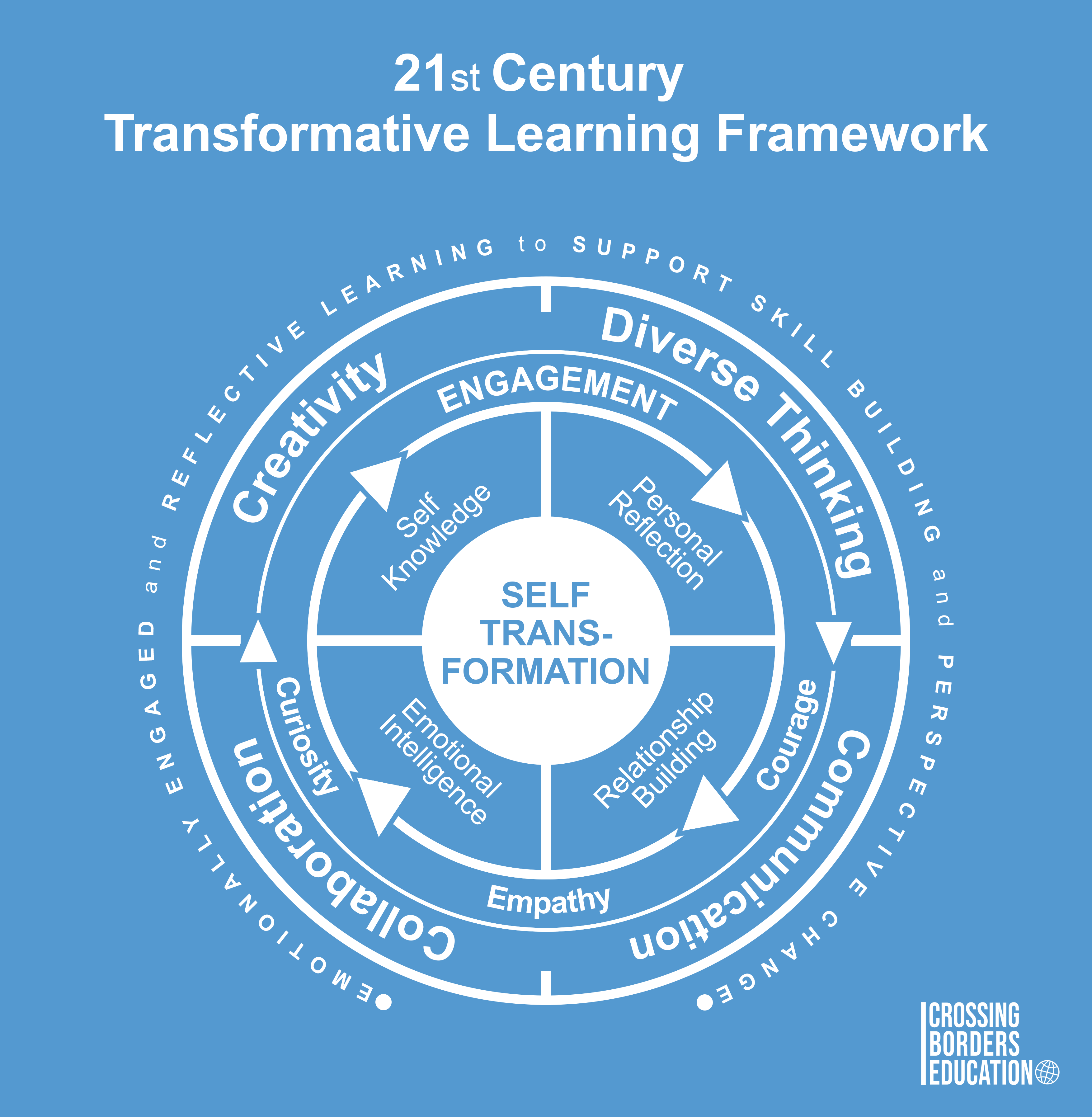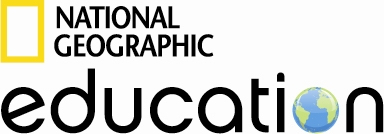
Self-Transformation
Perspective change does not happen easily. One reason why is that the beliefs and values that make up our worldviews are acquired from our social environment very early in life, therefore we can have beliefs about the world without knowing it explicitly Our values are deeply interwoven with how we think about ourselves and who we are in the world. As humans, we protect our identities against external and internal threats through many cognitive processes, including “Motivated Reasoning”, in which our brain gives preference to information that supports our existing views. These protective mechanisms help us function and form relationships, but they can also prevent us from acknowledging areas where we could grow personally and interpersonally.

The 21st century needs significant perspective change in order to secure a human future. Yet, any self-transformation through shifts in perspectives and behaviors is a complex process of identity reconstruction with many moving pieces. To support this complex and challenging process, we develop in collaboration with CoreCollaborative International the 21st Century Transformative Learning Framework. It uses cross-disciplinary conceptual elements and links them in an emotionally-engaged, self-reflective learning process to support skill building and perspective change.
View the slide deck below to learn about the three levels of our learning framework.
Framework Components
Find slide decks below to review short summarizing thoughts around each capacity.
1st Level: Self-Transformation
In this foundational stage, we recognize that it is the individual who must be at the center of change, even as they are part of larger communities. In this first level, we explore how humans come to be who they are and make the choices they do. The conceptual elements of this first stage of the learning framework are based on insights from the fields of Transformative Learning and Equilintegration Theory. We are introducing these fields briefly in our pages Becoming Ourselves (Equilintegration Theory) and Transforming Ourselves (Transformative Learning Theory).
View the interactive slides below for a brief introduction to the four Abilities of Self-Transformation we focus on in the first level.
View this short video of the Summit Series at James Madison University Cultivating the Globally Sustainable Self
2nd Level: Personal Capacities
The conceptual elements of the second level of our learning framework are based on insights from the fields of Psychology, Intercultural Communication, and Systems Thinking. A key innovator in this field is Dr C. Otto Scharmer (Presencing Institute, MIT) who describes that we are facing in our time Three Divides which cause the serious Disruptions we experience. The personal capacities of this level of our learning framework directly relate to the Three Interventions which Scharmer proposes as meaningful responses to the global issues of our time.
View the graphic slides below for a short introduction to the four Personal Qualities we focus on in this level.
View this short video introducing the work of the Presencing Institute at MIT uLab: Transforming Business, Society, and Self
3rd Level: 21st Century Skills
The concepts in the third level of our learning framework are based upon the 21st Century Skills that have been identified by the P21 movement: Communication, Collaboration, Creativity, and Diverse Thinking. While Critical Thinking is a more commonly used concept in P21 circles, we chose to use Diverse Thinking to connect to the body of scholarship in Divergent Thinking, methods for generating many creative solutions to problems, while acknowledging the value in learning new ways of thinking that come from interacting in diverse groups. All four of these concepts are essential inside the 21st Century learning environment.
View the creative slides below for a short introduction to the four 21st Century Skills we focus on in this level.
View this short video of the P21 movement introducing The 4 Cs


